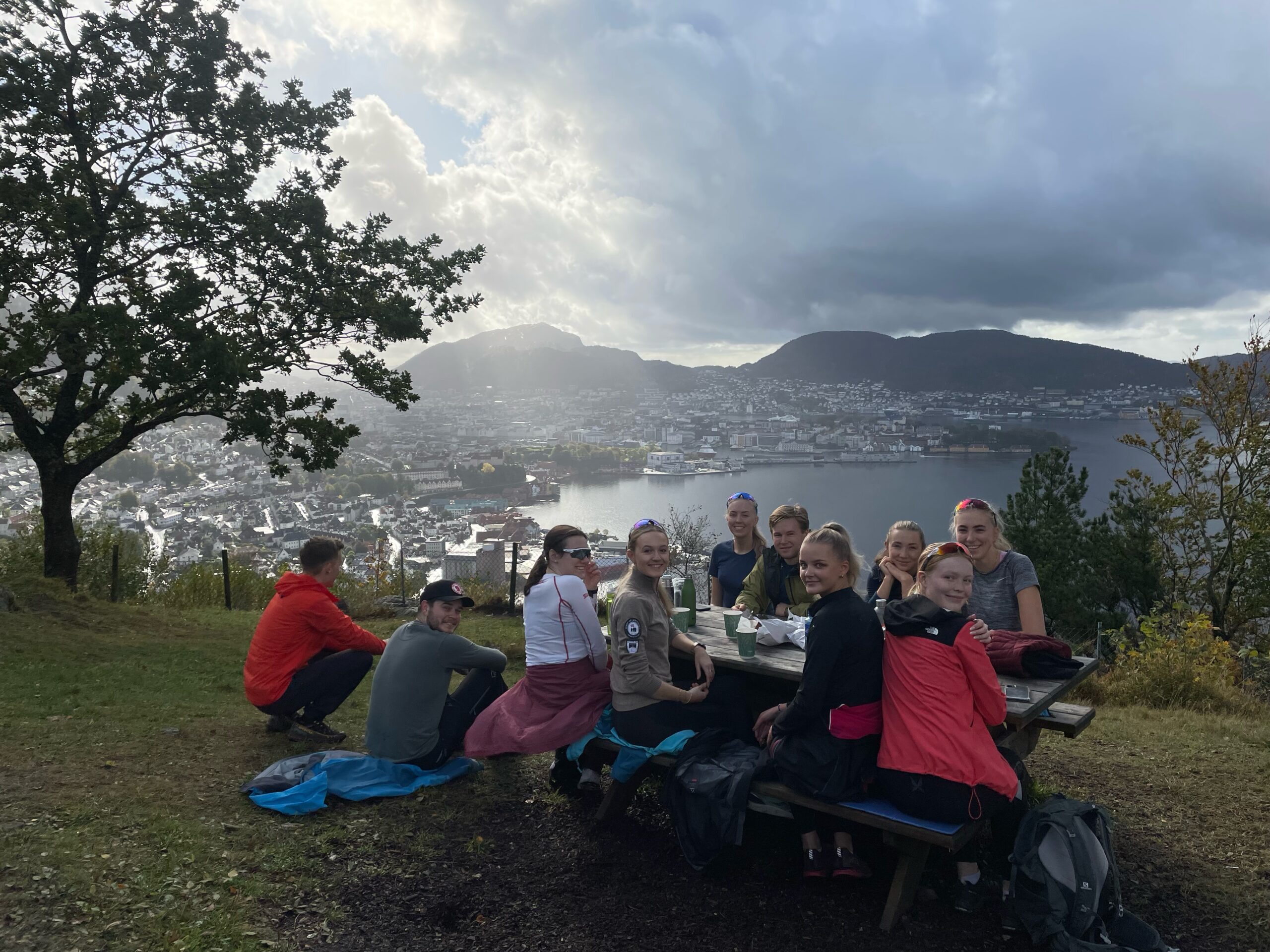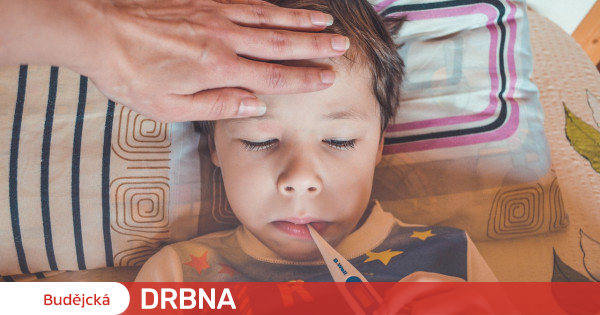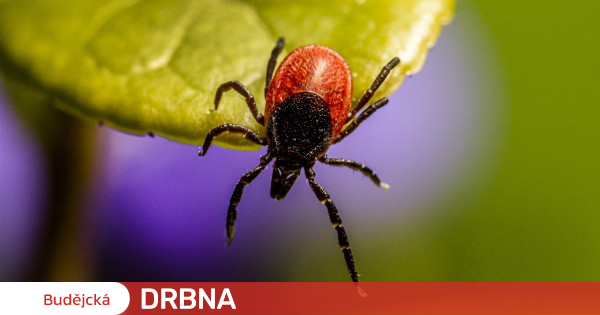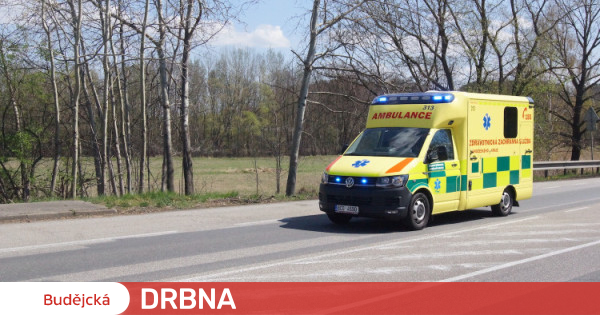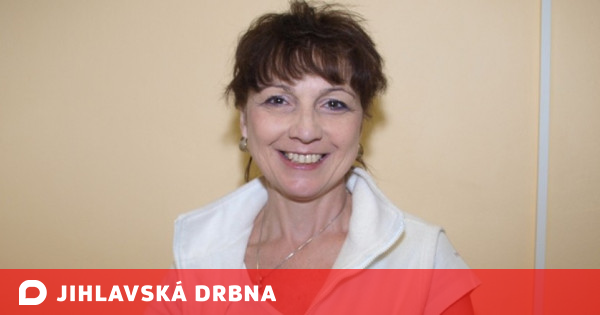Sunday, October 10, is World Mental Health Day in 2021.
NHH flagged it on two occasions. On the day itself, NHHI Friluft invites everyone who wants to travel to Sandviksbatteriet. The next day, the Core Executive (KS) stood in the Mirror Hall and distributed cakes to passers-by.
Sunday morning
NHHI Friluft was founded in December 2020, but already has nearly 200 members. Despite yesterday’s slightly awkward turnout, they are happy with their bid.
– Yes, we’re 12 on the way. The rain, putting the brakes on the desire to travel for most people, is understandable, says council member Johannes Elgaaen at NHHI Friluft.
They belong to the category «open association». Here, all NHHers who wish to participate in exchange for a sign-up amount of 150 kroner.
The motivation behind start-ups
He explained that the motivation behind starting a sports team was to offer NHHere a low threshold offer in which everyone could participate. He himself has been involved since early December 2020.
– We see the need for inclusion and have noticed that people appreciate being able to show up without being interviewed. More and more newly started associations choose to open.
The emergence of open association
Traditionally, the average NHHer has to request a certain amount of admission, if he or she wants to be part of the organized student community at NHH. The selection process is often divided into two, professional and social. This is no longer the case.
– Besides us, there are a number of other people open association which organizes training open to anyone who wants to join.
This year’s theme is pandemic
The sometimes very strict infection control measures have left a mark on the Norwegian population. A National Institute of Public Health study on infection control, quality of life and mental health measures from the winter of 2020, showed that more people had struggled with loneliness and mental illness during this period. Young people and those living alone have the greatest psychological stress, and especially in areas where infection control measures are most widespread.
The student health and well-being survey (SHOT) from April this year, showed that 45 percent of students had a serious mental illness during the pandemic, and female students were twice as likely to seek help for mental illness as boys. .
The Leader of the Welfare Parliament, Helena Haldorsen, explains that their job is to inform students of the offers around them:
– Now society has opened and students meet again lectures, in the reading room or in the student bar, we hope this will help improve the psychosocial life of students. The Welfare Council works to communicate all the good offerings available from mental health care here in Western Norway to our student body. Together we offer everything from study mastery courses, counseling classes, group therapy to psychologist classes. What is important is that students are aware that there are tools they can use when everyday life becomes more difficult.
Related

“Certified bacon geek. Evil social media fanatic. Music practitioner. Communicator.”

